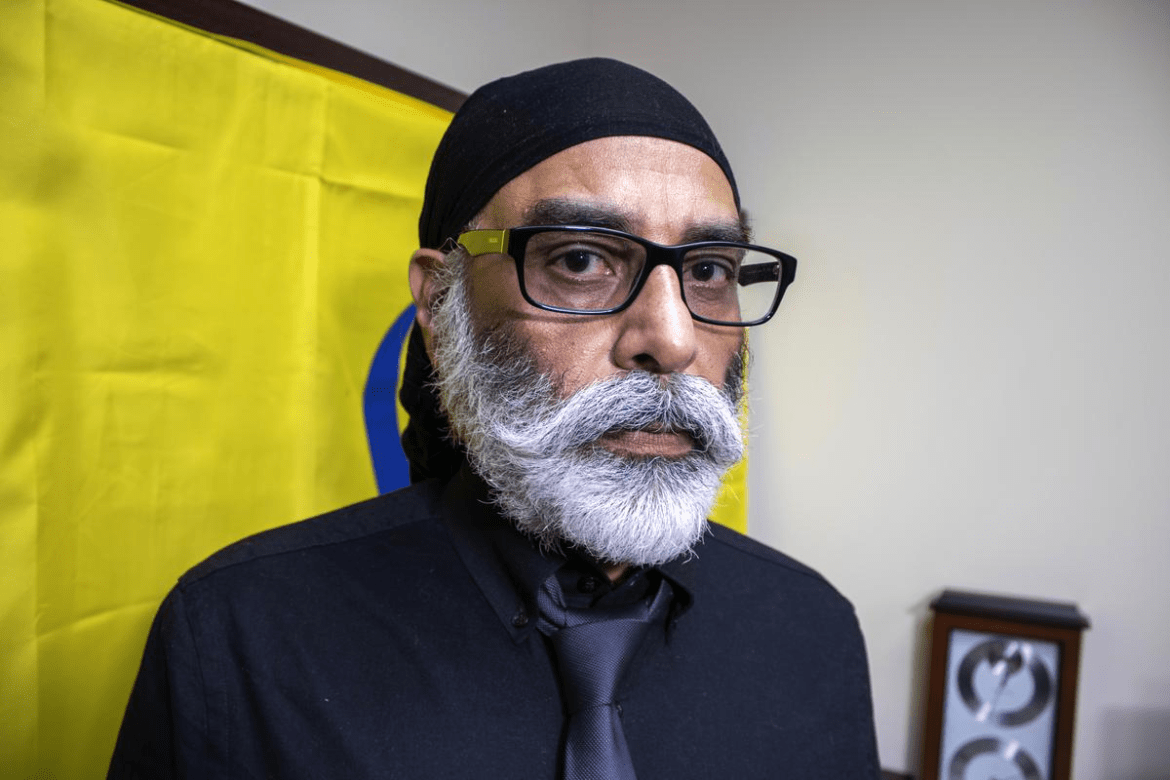AI Generated Summary
- Despite repeated calls for action from various quarters, Pannun continues to operate with impunity, raising questions about the efficacy of counterterrorism measures and the commitment of Western nations to combatting extremism in all its forms.
- The SFJ, of which Pannun is a member, has been banned in several countries due to its involvement in violent activities and its promotion of separatist ideologies.
- Already, Canada has witnessed a concerning surge in crime rates and gang-related violence, a trend that can be attributed in part to the influence of extremist elements within certain communities.
In a world where terrorism remains a persistent threat, the rise of individuals like Gurpatwant Singh Pannun, a known Khalistani extremist, raises serious concerns. Pannun, associated with the banned Sikhs for Justice (SFJ), has repeatedly issued violent threats against prominent figures in India, yet the response from Western governments and media has been startlingly muted. Despite his brazen provocations and incitements to violence, Pannun operates with apparent impunity, raising questions about the lack of action against such individuals by the international community.
Recently, Pannun released a video in which he directly challenged key figures in the Indian government, including Prime Minister Narendra Modi and Defence Minister Rajnath Singh. In his diatribe, he accused the Modi administration of engaging in “transnational terrorism” and vowed to continue advocating for the so-called Khalistan referendum. Pannun’s rhetoric, filled with inflammatory language and threats of physical harm, should have set off alarm bells worldwide. However, the response has been conspicuously absent.
One might expect that such blatant threats would elicit swift condemnation and action from Western governments, especially considering the global fight against terrorism. Yet, Pannun’s videos continue to circulate freely on social media platforms, with little to no repercussions for his incendiary remarks. This lack of action not only emboldens extremists like Pannun but also undermines efforts to combat terrorism on a global scale.
The alarming rise of Khalistan extremism isn’t confined to its impact solely within India’s borders; it has far-reaching consequences that extend to countries like Canada and the United States, where significant Sikh diaspora communities reside. The allowance of events such as the Khalistan Referendum within these nations has inadvertently emboldened extremists like Gurpatwant Singh Pannun. By providing a platform for separatist movements and allowing the propagation of divisive ideologies, these countries risk fostering an environment conducive to radicalization and violence. Already, Canada has witnessed a concerning surge in crime rates and gang-related violence, a trend that can be attributed in part to the influence of extremist elements within certain communities. Failure to address the root causes of extremism and clamp down on individuals like Pannun could exacerbate these issues, leading to further destabilization and insecurity within Western societies.
It’s not as though Pannun’s threats are isolated incidents. On the contrary, he has a history of using social media as a platform to propagate his extremist views and issue menacing statements. In one instance, he urged Sikhs not to fly on Air India aircraft, claiming that their lives would be in danger after a specified date. Such reckless statements not only sow fear and division but also pose a tangible threat to public safety.
What’s perhaps most concerning is Pannun’s ability to operate with relative impunity despite his known affiliations with designated terrorist organizations. The SFJ, of which Pannun is a member, has been banned in several countries due to its involvement in violent activities and its promotion of separatist ideologies. Yet, Pannun continues to enjoy freedom of expression in Western nations, using it as a platform to spread hate and incite violence.
Furthermore, Pannun’s calls for action extend beyond India’s borders. In a particularly egregious instance, he targeted Hindu Canadians, urging them to leave the country amid a diplomatic dispute between India and Canada. Such actions not only undermine social cohesion but also have the potential to escalate tensions between communities and exacerbate existing conflicts.
In the face of such blatant provocations, one would expect Western governments to take decisive action against individuals like Pannun, who openly espouse violence and extremism. However, the reality is quite different. Despite repeated calls for action from various quarters, Pannun continues to operate with impunity, raising questions about the efficacy of counterterrorism measures and the commitment of Western nations to combatting extremism in all its forms.
It’s high time for the international community to take a stand against individuals like Gurpatwant Singh Pannun and the organizations they represent. Silence in the face of such blatant threats only serves to embolden extremists and undermine efforts to maintain peace and stability. It’s imperative that Western governments and media outlets unequivocally condemn Pannun’s actions and take concrete steps to hold him accountable for his dangerous rhetoric. Only then can we hope to stem the tide of extremism and ensure a safer, more secure world for all.
The opinions expressed in this article are those of the author. They do not purport to reflect the opinions or views of Khalsa Vox or its members.




